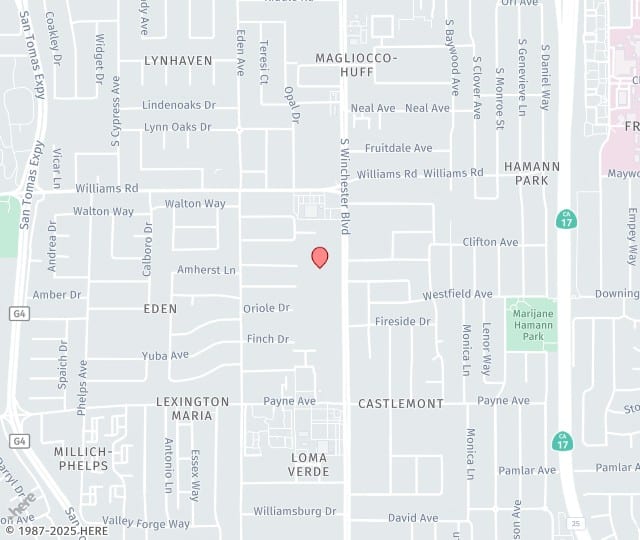What Is Erectile Dysfunction?
Erectile Dysfunction (ED) is defined as the inability to achieve or maintain an erection sufficient for satisfactory sexual intercourse. Most men can actually achieve some sort of an erection, but complain that it is not as firm or long lasting as they like it to be.
How Common is ED?
It happens to the best of us. Erectile Dysfunction is very common in those over 40 years of age; it can affect men of all ages. Some men do not even realize they have Erectile Dysfunction.
IN MID-1992, THE RESULTS OF THE WORLD’S LARGEST ERECTILE DYSFUNCTION STUDY, THE MASSACHUSETTS MALE STUDY (or MMAS), BECAME AVAILABLE.
What Are the Symptoms of Erectile Dysfunction?
The first indicator of erectile dysfunction is often a decreased ability to maintain an erection. If the condition progresses or continues, it may become more difficult to reach a full erection at all.
What Are the Causes of ED?
Erectile dysfunction may stem from a number of different conditions. The most common cause, according to studies, is an abnormality in the arteries and veins that supply the penis with blood flow. The arteries and veins may have sustained injury, or they may be blocked with arterial plaque. This is why ED is sometimes considered a warning sign of atherosclerosis, hardening of the arteries. Atrophy of the smooth muscle of the penis is another abnormality that could cause erectile dysfunction.
Additional causes of ED include:
- Diabetes.
- Neurologic conditions such as nerve injury, spinal cord injury, multiple sclerosis, and other problems.
- Depression or anxiety.
- Low testosterone levels.
- Too much or too little thyroid hormone.
How is Erectile Dysfunction Diagnosed?
When you consult with a doctor about erectile dysfunction, you can expect a thorough discussion regarding your health history and your lifestyle. The doctor may perform a comprehensive physical examination, as well. This can help identify unusual anatomical characteristics that may affect erections or an underlying condition such as a circulatory problem or hormonal problem. Lab tests may also be performed to measure hormones, liver enzymes, cholesterol, and other markers for ED.
Who is at Risk for Developing Erectile Dysfunction?
Men of all ages can face risks that could lead to erectile dysfunction. It is important to know if you have any so you can manage those that are within your control. They include:
- Chronic medical conditions like cardiovascular disease or diabetes.
- Being significantly overweight.
- Using tobacco, which restricts circulation.
- The use of certain medications, such as some antidepressants or blood pressure drugs.
- Use of certain drugs, such as marijuana.
- Excessive alcohol consumption.
- Injury or medical treatment directly to the penis or prostate.
- Depression, anxiety, or unmanaged stress.
What Happens if ED is Left Untreated?
ED is not a serious health matter in and of itself. However, if you do not receive treatment for this condition, your sex life may suffer needlessly. Without a satisfying sex life, your relationship may experience problems related to intimacy. You may struggle with low self-esteem and ongoing stress or anxiety related to your sex life.
There is no reason to endure the consequences of untreated erectile dysfunction. Contact us today to schedule a consultation at Prime Male Medical in San Francisco or Pleasant Hill, CA.
Is ED Curable?
Erectile dysfunction may be reversed in some cases, depending on the underlying cause of the condition. Where a cure is not possible, treatment can successfully help you manage the condition so you can enjoy the best possible quality of life.
To help manage the potential factors that contribute to erectile dysfunction, your doctor may suggest that you work with your primary care physician to manage other health conditions, such as heart disease, high cholesterol, or diabetes. If you do not have a chronic health condition, it is still necessary to maintain regular checkups with your doctor to stay abreast of any changes to your health.
Your lifestyle habit can also influence your intimate health. If you smoke, quit. If you drink alcohol, limit the amount you consume regularly. You may also need to reduce the use of drugs like marijuana, which have been implicated in the development of erectile dysfunction. Finally, to support circulation and good health, exercise at least four days a week.
The Results Showed That:
I. The majority of the causes of Erectile Dysfunction are physical in nature.
II. Over half of all men between 40 and 70 have erectile dysfunction. This includes premature ejaculation.
III. At least 1 in 10 men can’t get an erection at all. That ends up being over 8 million American men.
IV. There is a strong association between age and ED. Research shows 4 out of every 6 men between the ages of 40 and 70 have ED. Men at the age of 70 and up are affected by either minimal, moderate or complete ED.
V. Did you know over 42% of men did not know they were performing under par due to ED.
VI. Almost every man studied was not aware he could be CURED OF CERTAIN ERECTILE DYSFUNCTIONS.
VII. Incredible but True – Men who could not get an erection, even over 75 years of age, WERE COMPLETELY CURED OF THEIR PREVIOUS ED PROBLEMS BY TAKING SPECIFIC MEDICATIONS.
What Are The Treatment Options?
The treatment options vary according to each individual patient’s need and special circumstances due to past history of either Diabetes, Stroke, High Blood Pressure, Alcoholism, Drug Use, Prostate Cancer and other Medical issues. We have several treatment protocols available. We use sublingual tablets (under the tongue), pills, creams, high-pressure topical or injections. Until our licensed physicians see and diagnosis you, we will not know which treatment is right for you. We treat each and every patient as an individual.





